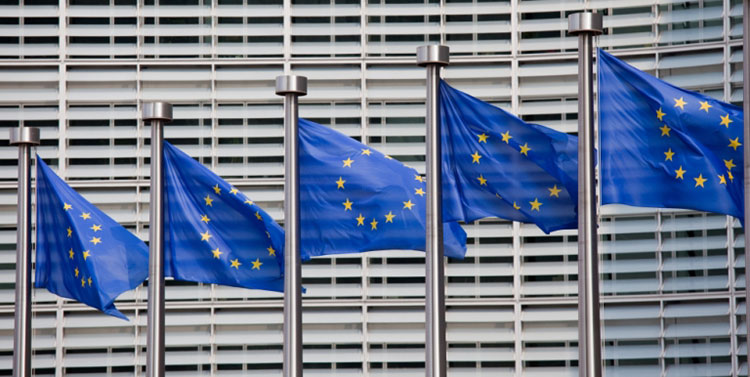Representatives of the EU Member States, the Western Balkans and Turkey, the European Commission and the European Central Bank, as well as representatives of the central banks of the Western Balkans and Turkey[1] met for their annual economic policy dialogue.[2] The submitted 2017 Economic Reform Programmes (ERPs) of the Western Balkans and Turkey, outline the medium-term macroeconomic and fiscal framework as well as structural reforms (affecting areas such as labour markets and education, energy, innovation and the business environment) to enhance competitiveness and long-term growth. Participants regretted that Serbia’s ERP had been submitted with a significant delay. The programmes cover the period 2017-2019.
Participants took note of the Conclusions of the Presidency on 13 December 2016 which states that the General Affairs Council took note of the Commission’s communication on the EU Enlargement Policy and the reports, which have a strengthened focus on economic governance. The dialogue on economic governance with the Western Balkans and Turkey is meant to prepare them for their future participation in the EU economic policy coordination. The dialogue reflects to some extent the European Semester process at EU level.
Participants recalled the commitment to set out a new set of targeted policy guidance to support efforts towards fulfilling the Copenhagen economic criteria. In this context, Participants agreed that the elements of the 2016 policy guidance which had not yet been fully implemented remained valid and needed to be addressed by policymakers in the Western Balkans and Turkey.
[1] Montenegro, Serbia, the former Yugoslav Republic of Macedonia, Albania and Turkey are candidate countries for EU accession.
[2] The conclusions of this dialogue are without prejudice to EU Member States’ positions on the status of Kosovo.




